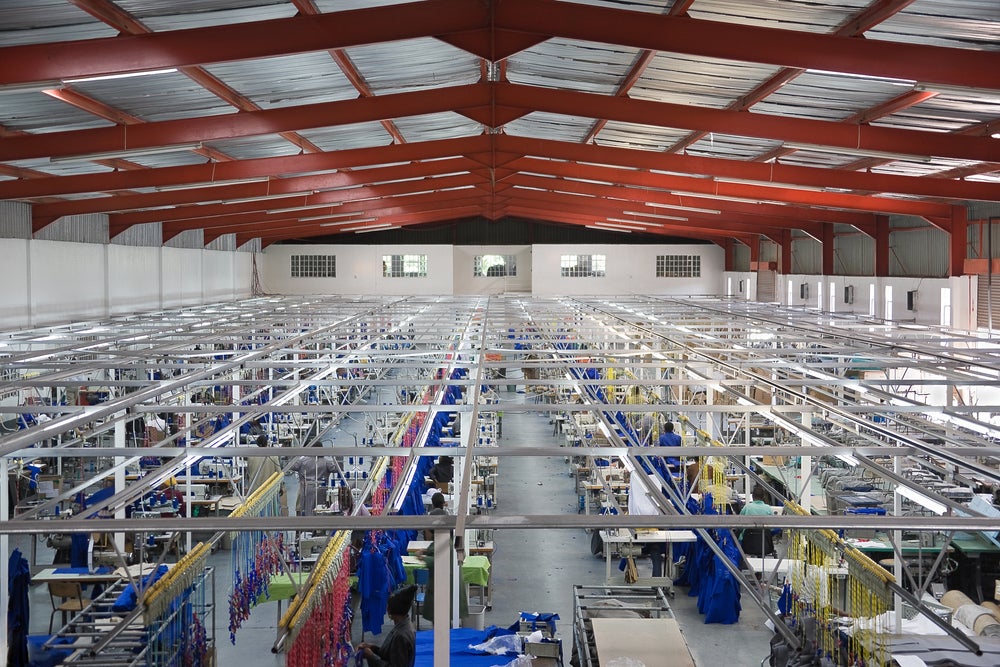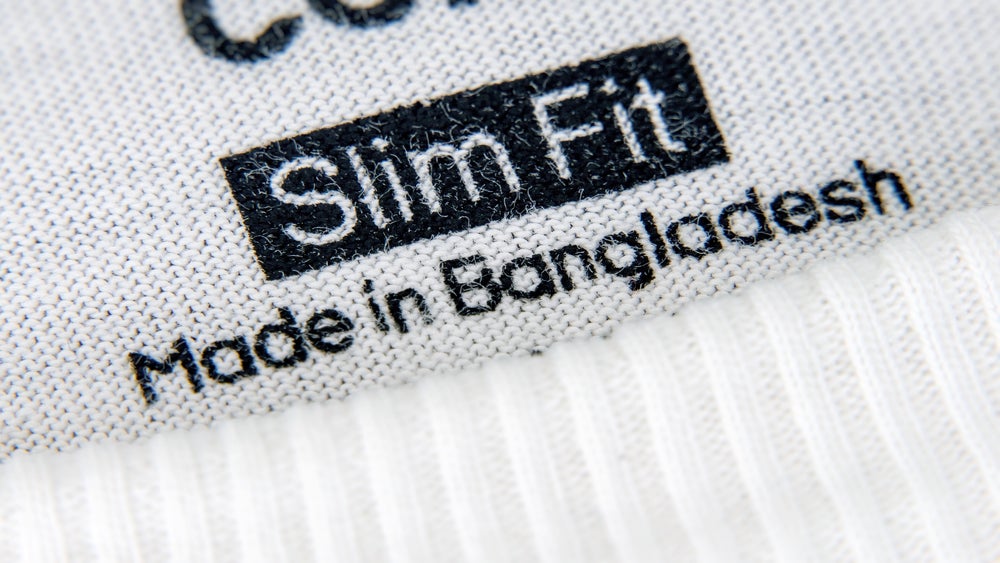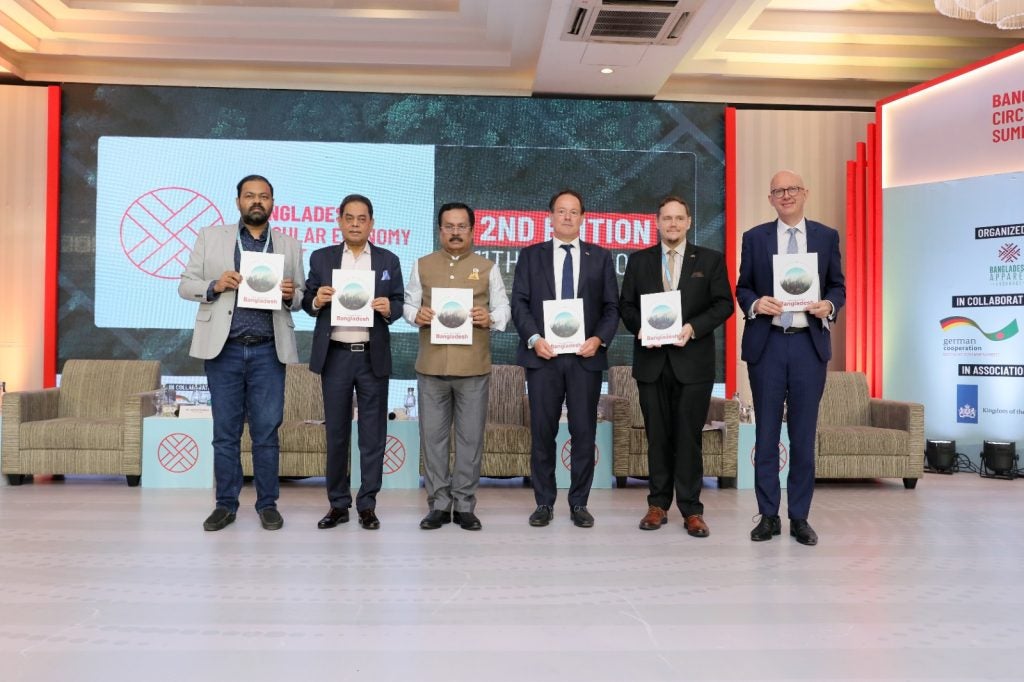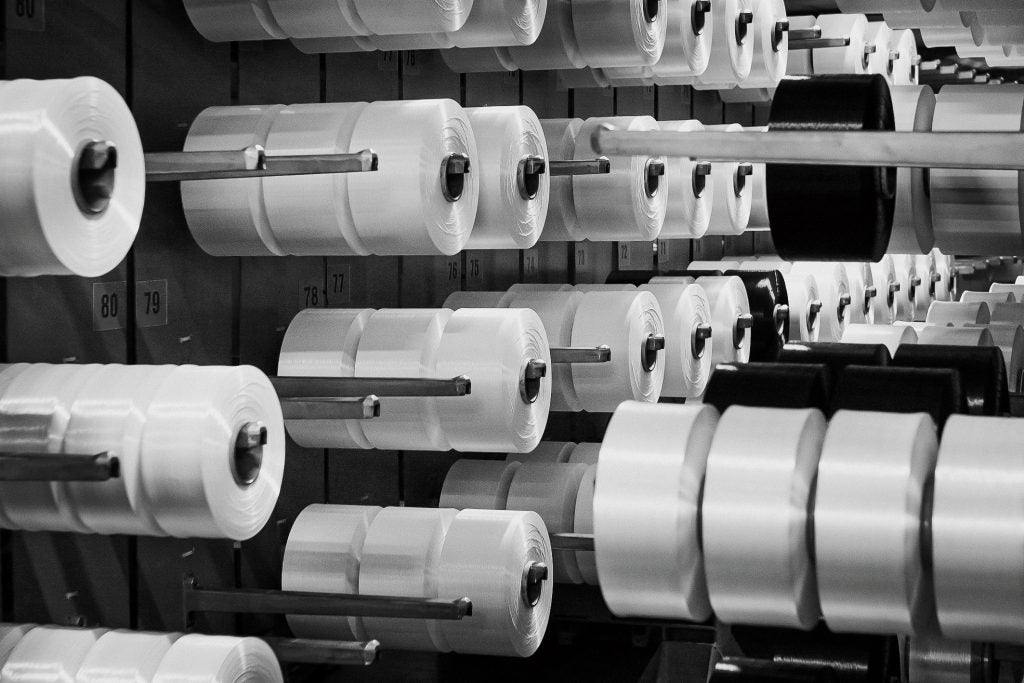USTR apparel negotiator White made her inaugural trip to a major hub of American textile production facilities and visited six plants in total in North Carolina, including American & Efird, Parkdale Mills/US Cotton, TSG Finishing, Shuford Yarns, Schneider Mills, and Unifi.
White was shown recent textile and apparel industry innovations, the facilities' advanced manufacturing capabilities and the role the domestic sector plays in supplying the US military and personal protective equipment (PPE).
White also participated in a roundtable discussion at Gaston College's Textile Technology Center where US textile executives underscored the domestic textile supply chain's $64.8bn output in 2023 and the benefits of its over 500,000 workforce.
However, the attendees also warned of severe economic headwinds from foreign trade practices and so-called inadequate enforcement of trade laws.
The textile executives urged White and Biden's administration to:
- Increase Section 301 China tariffs on finished textile and apparel imports
- Close the de minimis loophole
- Expand the Western Hemisphere co-production chain and maintaining the yarn forward rule of origin
- Step up customs enforcement of textile and free trade agreement enforcement and penalties
- Support domestic supply chains through Buy American and Berry Amendment policies that help onshore production, spur investment, maintain the safety and security of US armed forces and generate new jobs.
White affirmed the executives that President Joe Biden and USTR ambassador Katherine Tai are committed to a trade policy agenda that “levels the playing field for our domestic industries and workers, so they have the tools they need to compete in today’s global economy”.
National Council of Textile Organizations president and CEO Kim Glas welcomed White's firsthand experience with "one of the most dynamic, innovative industries". Still, she stressed: "Predatory trade practices employed by China and others are harming the domestic supply chain and our Western Hemisphere trade partners."
Glas called for urgent action and said the serious issues the textile and apparel industry is facing need to be “resolved immediately”.
She added: “We believe USTR’s development of supply chain resilience policies is a strong step in the right direction for helping secure the US textile supply chain into the future. We look forward to working closely with Katie and Ambassador Katherine Tai to advance policies that bolster our domestic production.”















